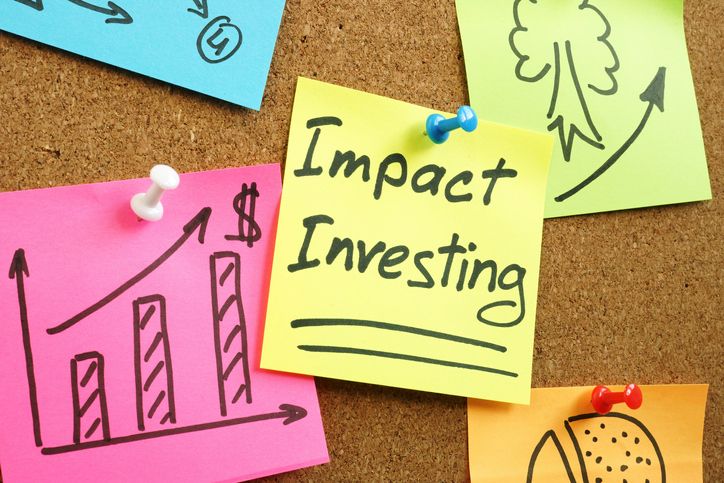Nearly three-quarters (71%) of global institutions and professional investors are planning to increase their allocations to impact investing solutions over the next three years, according to a global survey from Vontobel.
Additionally, while European investors continue to lead in demand for solutions, investors in Asia are planning to catch up quickly, with 92% planning to increase allocations via public markets because of a broadening definition of fiduciary duty. Meanwhile, as many as 79% plan to increase allocations via private markets.
“The challenging market conditions that we have experienced over the past 18 months have had ramifications for asset classes across both public and private markets, including those with a sustainable lens. Despite this more difficult time, our study shows that investors remain committed to impact investing and are even planning to increase their allocations over the next few years,” said Pascal Dudle, head of listed impact at Vontobel.
“Interestingly, they plan to do so via a far wider range of asset classes across both public and private markets. We see this as a very positive indicator that the concept of impact investing has grown sufficiently in stature to be viewed as a specific and distinct way of investing, rather than a niche area of sustainability.”
The Vontobel survey assesses the views of nearly 200 institutional and professional investors across Europe, North America and Asia-Pacific to understand their thinking and priorities with respect to their current and future impact investing allocations.
For many of those surveyed, investing in impact solutions is still a relatively new concept, with more than half (58%) saying they have only been doing so for less than three years.
Listed equity is the most popular route, with 67% currently utilizing this asset class. Investors also said they are planning to broaden the range of asset classes they utilize over the next three years from current allocations, with 51% choosing infrastructure, 38% choosing real estate and 23% choosing commodities.
However, the research shows that investors continue to grapple with greenwashing when incorporating impact investing into their portfolios, citing several challenges they have experienced in evaluating impact investing strategies that would likely discourage them from adopting them. These include lack of reliable data, poor transparency of benchmarks and a wide range of different approaches among asset managers.
“While we see a clear demonstration of commitment to impact by investors, it is also true that many are still at an early stage in their impact journeys,” added Dudle.
“One of the key barriers they face, and a common challenge cited wherever they are based, is a lack of transparency and therefore the ability to measure and report on the impact their own portfolios have had. Greater transparency is key to building investor trust and confidence.”








